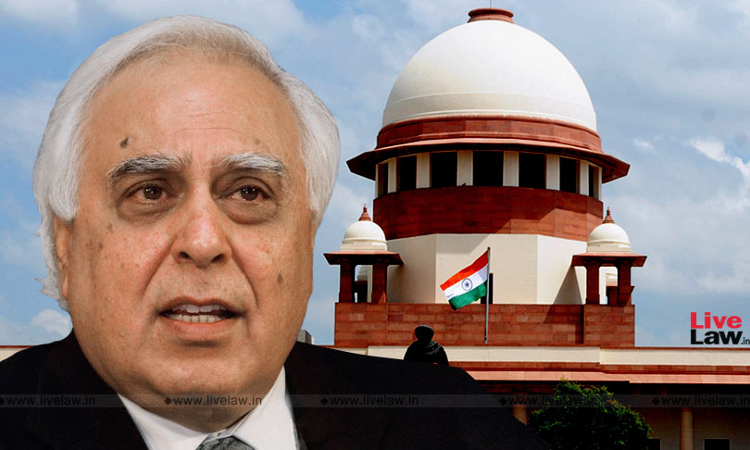PMLA Interpretation - Laundering Proceeds Of Crime Can't Have Severe Penal Consequences Than Generating Such Proceeds: Sibal To Supreme Court
Sohini Chowdhury
27 Jan 2022 10:01 PM IST

"I believe it is these kinds of laws that have interfered with economic progress in India. People feel that tomorrow the ED will come after me, why should I do business here", Sibal said.
Next Story


